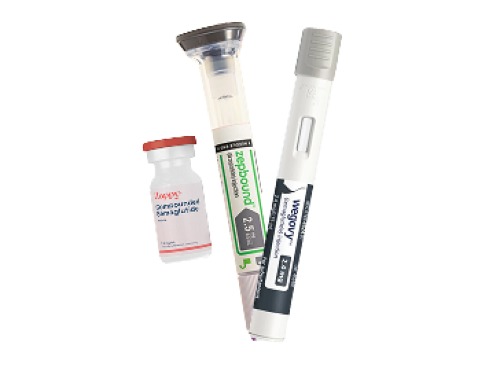Estimated reading time: 8 minutes
Key Takeaways
- Effective post-operative care involves a combination of physical, emotional, and psychological support.
- Understanding the difference between Physical Therapy and Recovery Therapy is crucial for informed decision-making about care.
- Comprehensive rehabilitation services facilitate a complete recovery.
- Optimal pain management requires both medication-based and non-pharmacological methods.
- Strategies to speed up recovery emphasize nutrition, hydration, balanced activity, and rest.
Understanding Post-Operative Recovery
Post-operative recovery encompasses the entire healing process following surgery, from immediate post-surgical care to long-term rehabilitation. This critical period requires careful attention to both physical and emotional well-being, with specific goals including:
- Pain management and comfort
- Prevention of complications
- Restoration of function and mobility
- Return to daily activities
- Emotional and psychological support
According to Stanford Healthcare, successful recovery depends on following medical guidance and actively participating in prescribed treatments. The recovery process varies by individual and surgery type, but certain fundamental principles apply universally.
Types of Recovery Treatments
Physical Therapy vs. Recovery Therapy
Understanding the difference between these two approaches helps patients make informed decisions about their care:
Physical Therapy:
- Focuses on specific movement patterns
- Targets strength and mobility
- Uses manual techniques and exercises
- Led by licensed physical therapists
Recovery Therapy:
- Takes a holistic approach
- Combines multiple treatment modalities
- Addresses overall wellness
- Involves various healthcare professionals
For more insights on choosing the right support during recovery, refer to How to Choose a Recovery Center: A Comprehensive Guide to Making the Right Choice.
Rehabilitation Services Post-Surgery
Comprehensive rehabilitation services may include:
- Occupational therapy
- Physical therapy
- Pain management
- Nutritional counseling
- Psychological support
These services work together to create a complete recovery program tailored to individual needs and surgical procedures. To understand more about optimal recovery treatments, visit Zepbound vs Ozempic: Understanding Recovery Treatments for Optimal Health and Wellness.
Pain Management Therapies
Effective pain control is fundamental to successful recovery. Modern pain management approaches include:
Medication-Based Treatments:
- Over-the-counter pain relievers
- Prescription medications
- Anti-inflammatory drugs
- Carefully monitored opioids (when necessary)
Non-Pharmacological Methods:
- Ice/heat therapy
- Relaxation techniques
- Positioning strategies
- Gentle movement
Advanced Pain Management:
- Nerve blocks
- Electrical stimulation
- Therapeutic massage
- Mindfulness practices
Integrating comprehensive pain management strategies can be further explored in our Zepbound Side Effects: A Comprehensive Guide to Safety and Risks.
How to Speed Up Surgical Recovery
Following these evidence-based strategies can optimize your healing process:
Nutrition and Hydration:
- High-protein foods
- Fresh fruits and vegetables
- Adequate water intake
- Supplements (if recommended)
Rest and Activity Balance:
- Proper sleep schedule
- Gentle movement as advised
- Gradual return to activities
- Regular rest periods
Physical Activity Guidelines:
- Follow prescribed exercises
- Start slowly and progress gradually
- Listen to your body
- Stop if pain increases
For personalized nutrition plans during recovery, check out The Best Diet with Zepbound: A Comprehensive Guide to Nutrition and Weight Loss Success.
Improving Post-Operative Recovery
Take these steps to enhance your recovery experience:
Create a Personalized Plan:
- Work with healthcare providers
- Set realistic goals
- Track progress
- Adjust as needed
Lifestyle Modifications:
- Quit smoking
- Limit alcohol
- Maintain healthy diet
- Manage stress
Build Support Systems:
- Family and friends
- Support groups
- Professional caregivers
- Online communities
Strengthening your emotional support network is crucial. Learn more in Emotional Eating Help: A Comprehensive Guide to Overcoming Triggers and Achieving Long-Term Weight Management.
FAQ
What is the role of physical therapy in post-operative recovery?
Physical therapy focuses on improving movement and strength, which are essential for restoring function and mobility after surgery.
How can I manage pain effectively during recovery?
Combining medication-based methods with non-pharmacological techniques, such as relaxation and gentle movement, can optimize pain management.
Why is nutrition important in surgical recovery?
Proper nutrition supports tissue repair and overall healing, making it a critical component of recovery.
Can lifestyle changes affect my recovery process?
Yes, adopting a healthy lifestyle, including quitting smoking and managing stress, can significantly enhance recovery outcomes.





